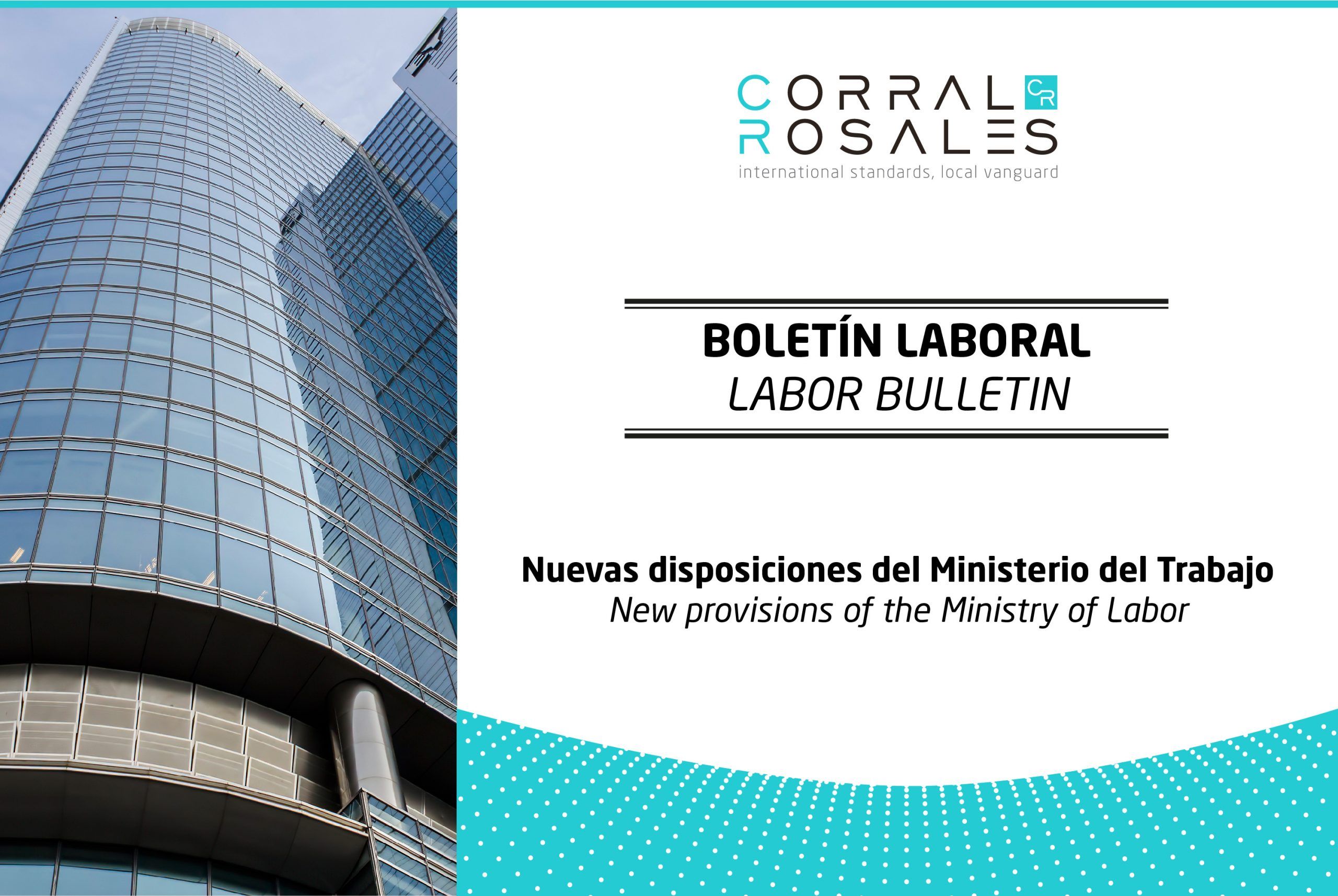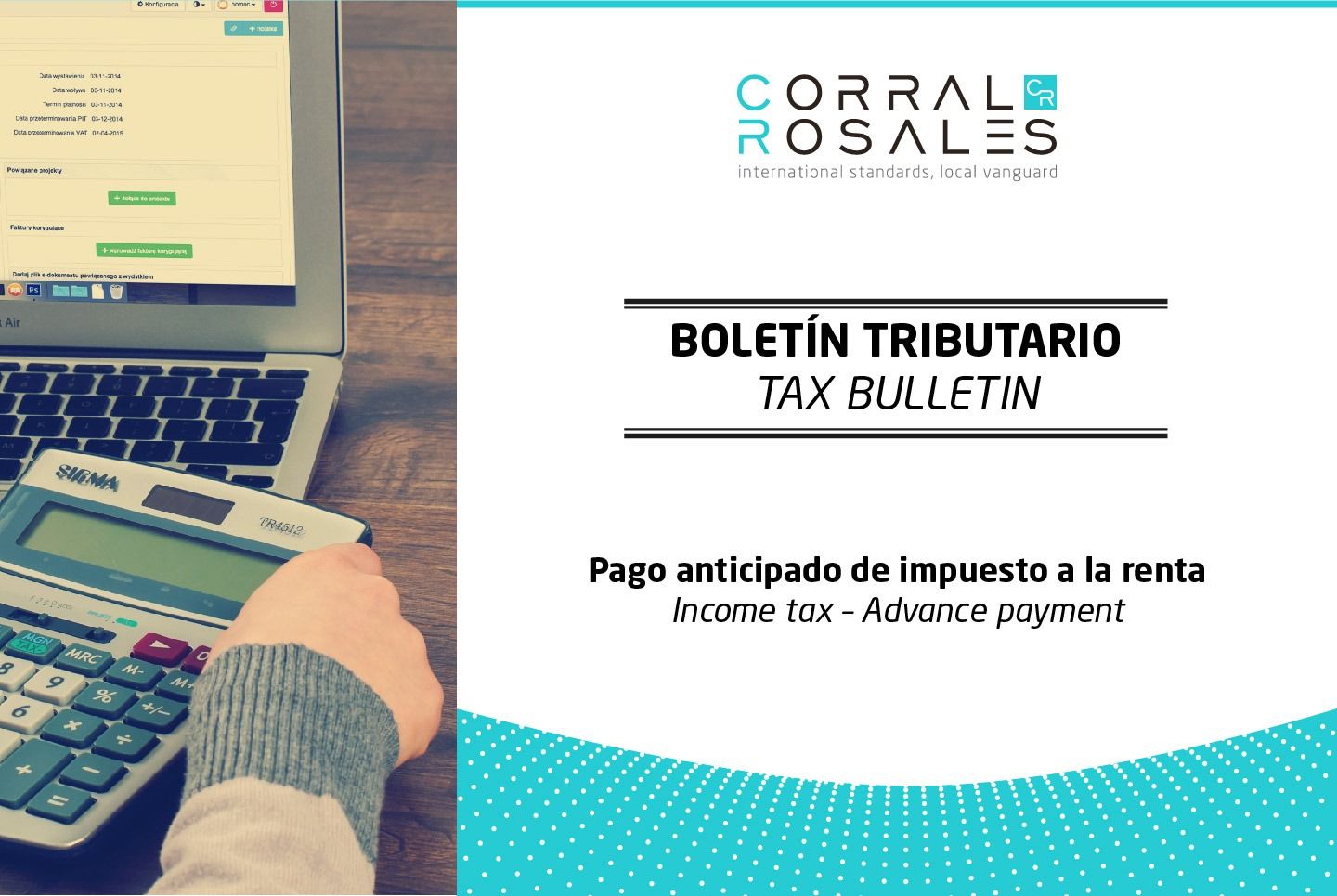According to Ecuadorian law employees are entitle to 8 legal leaves of absence, as detailed below:
LEAVE OF ABSENCE
REASON
DURATION
Maternity
Birth of a child (general rule)
12 weeks
Multiple birth
10 additional days
Child with disability or serious congenital diseases.
3 additional months
Paternity
Birth of a child
10 days
Multiple birth or cesarean section
15 days
Premature children or in conditions of special care
8days
additional
Birth of a child with a disease: degenerative, terminal, irreversible or with severe disability (75% or more)
25 days
In the event of the mother’s death during childbirth or while on maternity leave, the father is entitled to enjoy all, or as appropriate, the remaining part of the period of leave corresponding to the mother
Up to
12 weeks
Unpaid leave for childcare
After maternity or paternity leave employee may request a unpaid leave to care for the newborn
9 months in addition to maternity or paternity leave
Adoption
Adoptive parents are entitled to a leave from the date the child is legally delivered to them.
15 days
Illness
Medical rest for common or occupational illness
Indeterminate
Child Illness
Care for hospitalized child or with degenerative disease
25 days
(annually)
Family leave for death
Death of the spouse, common-law partner, relatives up to 2nd degree of consanguinity or affinity to the worker
3 days
Education
Employees with more than 5 years in the company that obtain a scholarship for studies abroad, in fields related to work activity, will be entitle to a leave of absence.
* Applies to employers with 15 or more employees and the number of scholarship holders does not exceed 2%.
Up to 1 year, entitled to payment for 6 months.
Maternity and sick leave are subsidized by IESS, under the following conditions:
- In case of maternity leave, IESS requires that the affiliate maintain at least 12 continuous contributions prior to childbirth and that the employer has not registered arrears during the mentioned period. In these cases, IESS will pay the employee a cash allowance of 75% of the average remuneration the last 3 contributions paid to IESS, for the period of 12 weeks (the remaining 25% must be covered by the employer).
- To access sickness allowance, according to the rest ordered by the physician, the affiliate must maintain at least 6 continuous contributions prior to the month in which the disability occurred and the employer must not register arrears during that period. If these conditions are met, as of the 4th day of disability, IESS will pay the employee a cash allowance for a period of up to 6 months, in the following proportions: (i) the first 70 days, employee will receive 75% of the average of the 3 last contributions; and, (ii) in the remaining period, 66% of the same average. The employer is only obliged to pay 50% of the remuneration during the first 3 days of disability.
The Labor Code also provides leave for domestic calamity or force majeure. Although the norm is not clear in which situations these types of leave should be granted, it gives the employer the power to qualify and authorize them. In this case, the worker maintains the right to receive his/her remuneration – or a percentage of it – for the duration of the leave.
Upon agreement of the parties, the employer may grant unpaid leave to cover different needs of the employee (e.g. studies abroad).
The main characteristic of this kind of leave is that the employment relationship continues and the employee does not lose his seniority in the company. Since the employee will not be receiving income during the leave, the obligation to make contributions to IESS is not generated. Therefore, an exit notice must be filed in the Institution’s platform.
Marta Villagómez
Senior Associate at CorralRosales
mvillagomez@corralrosales.com











